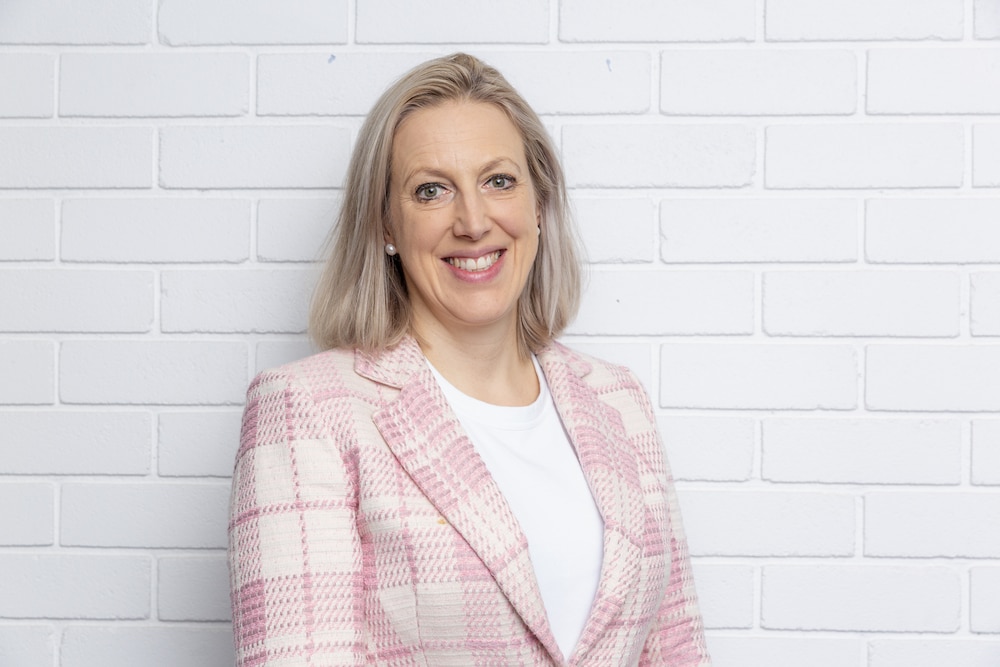The ACT Council of Social Service (ACTCOSS) has called on the ACT Government to do more so that Canberrans on low incomes and facing vulnerability are not left behind in the Territory’s move to net zero emissions.
In its submission to the ACT Legislative Assembly’s Inquiry into Electric Vehicle (EV) Adoption in the ACT, ACTCOSS has said that the ACT Government Zero Emission Vehicle (ZEV) policy risks perpetuating inequality – by providing subsidies to those on the highest incomes to access ZEVs, whilst those with the least are left behind.
ACTCOSS CEO, Dr Emma Campbell said: “We strongly support efforts to mitigate climate change. Climate change disproportionately impacts Canberrans who face disadvantage.
“However, the ACT Government must do more to prioritise people on low incomes in its climate change mitigation policies, and to ensure its policies do not perpetuate inequality and disadvantage.
- Zero emission vehicles will be ‘easier and cheaper to access’, ACT Government says (20 July)
- ACT to phase out fossil-fuel powered vehicles by 2035 (18 July)
“Evidence shows that rebate and incentive programs for ZEVs disproportionately favour those on the highest incomes, and often make little difference to an individual’s plan or ability to obtain a vehicle.
“Given our scarce resources, investment in the transition to sustainable and climate friendly energy solutions must be targeted toward those on the lowest incomes.
“Practically, this means prioritising policies such as moving to solar and improving the energy efficiency of housing in particular sectors of the housing market where people on low incomes are overrepresented, including rental properties and social and affordable housing.
“We were disappointed to see that the Government’s ZEV policy did not even include support for community sector organisations to transition to net-zero vehicles given the high costs of fuel.
“Public money used to support the transition to net zero must be targeted to those who need it most and to those that are most impacted by being left behind.
“We urge the ACT Government to consult more widely and put people with the least at the centre of policy design. If we get the policy settings right, we can rapidly cut emissions and create a safer and fairer society,” Dr Campbell said.
If you are struggling to cover the cost of your utilities bills, you should contact your retailer. You can also find more advice on supports for low-income households on the ACT Government’s Climate Choices website.



